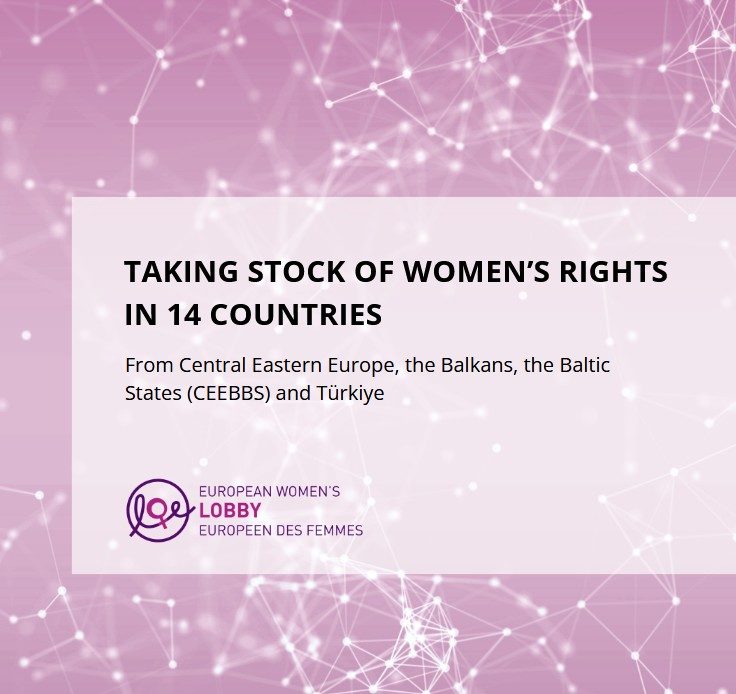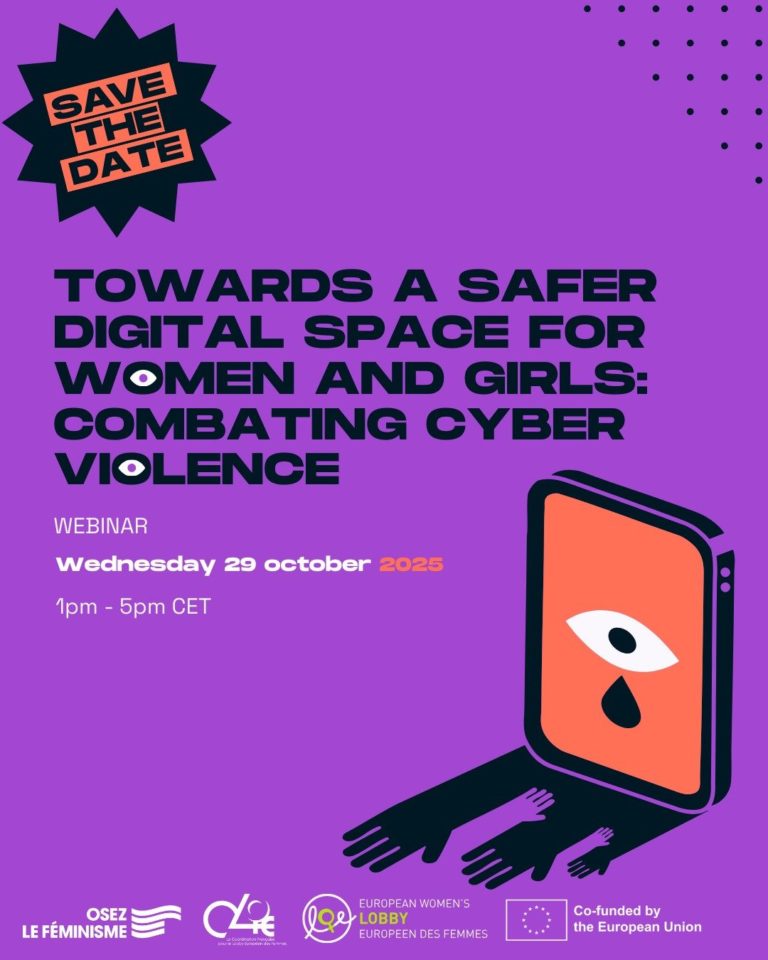This article was originally published by The Parliament Magazine.
A staunch defender of women’s rights, Frances Fitzgerald believes we are entering a new era of equality. She tells Lorna Hutchinson that despite recent setbacks, fresh momentum for change is building.
In her decades-long career as a politician and vocal advocate for women’s rights, Irish EPP Group deputy Frances Fitzgerald has witnessed a shift in the fight for gender equality – from the inspiring Beijing Declaration 25 years ago to the shocking rollback in women’s rights in some EU Member States, particularly in the shadow of the COVID-19 pandemic. Though the current situation appears bleak, Fitzgerald is optimistic that real and lasting change is on its way.
She explains, “We have ‘unfinished democracies’ – democracies where women are not at the decision-making table, where women are still paid less than men (the gender pay gap in the EU currently stands at 14.1 percent) and where women are still subject to desperate violence in their own homes. If we are to really move towards equality, we must address these challenges, but also less obvious barriers to equality, such as inequitable budgetary allocations. If we are to really advance gender equality, to quote US President Joe Biden, ‘Don’t tell me what you value, show me your budget, and I’ll tell you what you value.’”
“I see cause for hope. Parliamentarians are standing up to authoritarian leaders, NGOs are shining a light on hidden places and women everywhere are taking to the streets and the ballot box and saying ‘this will not stand’”
Fitzgerald says that some of the more obvious and brutal attempts to target women and their rights can be seen in countries across the world today from ‘strong men’ politicians such as Donald Trump, Jarosław Kaczyński and Rodrigo Duterte. “This narrative is just the tip of the iceberg as everyday sexism can, over time, develop into very real attacks on women’s rights. However, I see cause for hope. Parliamentarians are standing up to authoritarian leaders, NGOs are shining a light on hidden places and women everywhere are taking to the streets and the ballot box and saying, ‘this will not stand’.”
“There is a strong worldwide movement showing a new determination to fight for equality, from the #MeToo movement, to the creative arts and politics, to male champions and brave women all over the world – there is a renewed momentum for change. We need to consistently call out inequality wherever we see it and we need targets, monitoring and consistent activism. We still live in a deeply sexist world despite all the progress we have already made. Our EU institutions are leading the way on equality in our global world.”
Fitzgerald’s report entitled “The gender perspective in the COVID-19 crisis and post-crisis period”, examining the impact of the COVID-19 pandemic on women and proposing measures to protect women’s rights and enhance gender equality during and after the pandemic, was adopted in January by a large majority in Parliament. The overriding theme of the report is that women have been disproportionately hit by the COVID-19 crisis, and that this, in turn, will lead to even greater inequalities between men and women.
“The pandemic continues to have a differential effect on women and men … Women have been more vulnerable to domestic violence and the socioeconomic consequence of lockdowns. Women are more likely to be on the frontline as healthcare workers and are more likely when working from home to be combining their job, childcare and housework”
Fitzgerald offers insight into her report, explaining, “The COVID-19 pandemic has exacerbated existing inequalities and brought about new devastating impacts. The degree to which COVID-19 has affected people is differential depending on gender, socio-economic status, race and other factors. The pandemic continues to have a differential effect on women and men. Initial figures tell us that older men in particular are more vulnerable to COVID-19 and are more likely to die from it. However, women have been more vulnerable to domestic violence and to the socioeconomic consequence of lockdowns. Women are more likely to be on the frontline as healthcare workers (76 percent of healthcare workers in the EU are women) and are more likely when working from home to be combining their job, childcare and housework.”
She adds, “The report outlines specific actions and recommendations for the European Commission and Member States to take in their response to the COVID-19 crisis on the collection of gender disaggregated data, domestic violence, gender-sensitive budgeting, healthcare and the economy . If we are to build back better post-COVID we must support the needs of women and take account of all of the differentials. The report also urges that when we examine our healthcare systems post-COVID, we ensure that we are adequately prepared in the event of another pandemic. This includes ensuring that never again will essential therapies such as cancer treatment and access to sexual and reproductive health services be paused. We must also consider female workers and those who have brought us through the crisis: the 76 percent of healthcare workers who are women; the 93 percent of childcare workers that are women; the 95 percent of domestic cleaners who are women; the 86 percent of personal care workers who are women, and the 82 percent of cashiers who are women. The least we can do is ensure fair and just rates of pay. The publication of the Commission’s pay transparency proposal will help in this regard.”
“There is a strong worldwide movement showing a new determination to fight for equality, from the #metoo movement, to the creative arts and politics, to male champions and brave women all over the world – there is a renewed momentum for change”
Turning to the issue of gender-based violence, which she calls “a scourge on our society”, Fitzgerald points out that domestic violence reports have increased exponentially during the past year of pandemic-related lockdowns. She says, “With record numbers of victims reaching out for help and support, Member States must pivot services to help and support them, ensuring that law enforcement and the courts can take any necessary action, and empowering civil society to do their essential work of hosting phone lines and running shelters. The EU must also push ahead with our priorities in combatting violence against women, ratifying the Istanbul Convention, adding violence against women to the list of Eurocrimes and putting in place a strong legal framework to tackle all forms of gender-based violence. The excuses from countries not ratifying the Istanbul Convention are paper thin.”


